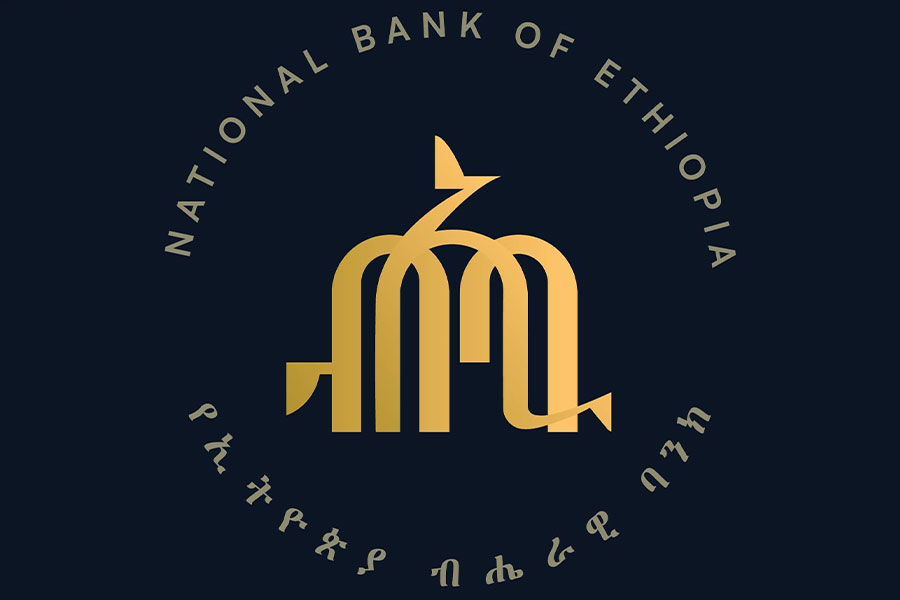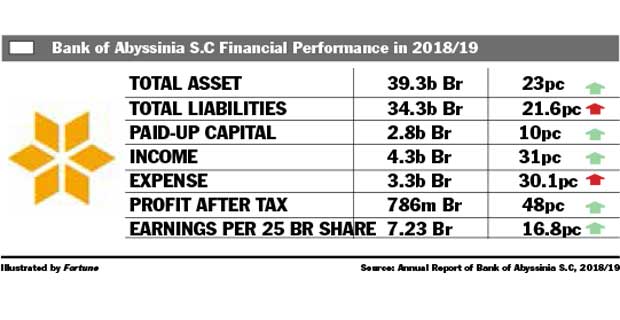
Lawmakers legislated a bill that will gradually remove all quotas and tariffs for Ethiopians trading with member states of the African Free Trade Area (AfCFTA).
The country was the 21st member to enter AfCFTA, which means that ratification by one more state will lead to enforcement. The bill was ratified with a full vote on March 21, 2019, in a session attended by 320 MPs.
The essence behind the agreement is the theme of “Creating One African Market,” the flagship project of Agenda 2063 of the African Union that aimed to bring about continental integration by creating a single continental market for goods and services.
The idea of economic integration was born in 1991 in the Abuja Treaty, after which it was stalled until 2012, when a Continental Free Trade Agreement among African states was established on the 18th Ordinary Session of the Assembly of Heads of State and Government of the African Union held in Addis Abeba.
The assembly endorsed the proposal on improving intra-Africa trade under seven clusters that included trade policy, facilitation, productive capacity, trade-related infrastructure, trade finance, trade information and factor market integration.
After six years, the agreement was signed by 44 members of the African Union (AU) during the 10th ordinary session of the African Union Heads of State Summit held in Kigali, Rwanda in March 2018. The agreement will come into force and become the second largest trading area next to the World Trade Organisation. It will be a market of 1.2 billion people, encompassing a collective gross domestic product of 2.5 trillion dollars.
Inter-African trade currently stands at 15pc, while trading among European and Asian countries has reached 59pc and 51pc, respectively.
The latest negotiation that included Ethiopia was held in Cairo, Egypt three months ago during the seventh ministerial meeting of the Intra-African Trade Fair organised by the African Export-Import Bank. Mamo Meheretu, chief trade negotiator and senior adviser to Prime Minister Abiy Ahmed (PhD), led a negotiating committee that was composed of experts from the ministries of Trade, Finance, Foreign Affairs and Revenues.
“To be a founding member in the AfCFTA has political as well as diplomatic significance, as this will encourage more countries to join the agreement,” said Mamo.
Ethiopia’s total export of goods and services to African countries stands at 20pc of total exports, while imports from other African countries are no more than five percent of its overall trade. Average tariffs within Africa are 6.1pc, a higher cost for businesses on the continent than exporting outside the continent.
“For an average business person, AfCFTA will open secure market access literally tariff free and quota-free, encouraging regional value addition,” said Mamo. “This, in turn, will create manufacturing competitive advantages that could attract more investment in the manufacturing sector.”
Bringing the continent into a single market provides great opportunities to African countries by boosting inter-African trade by 52.3pc, according to the estimates of the United Nations Economic Commission for Africa (UN-ECA).
For Tesfaye Melaku, an expert in economics and trade for more than a decade and a lecturer at Bahir Dar University, ratifying the AfCFTA is a timely decision by the government.
“This allows resources in Africa to be utilised efficiently within Africa,” he says. “This way the wealth of Africa will be well-preserved and consumed, which in the current situation is flooding into developed countries.”
Even though the country will be hard-pressed to boost its manufacturing potential, it has ample educated human power in different fields such as aviation and maritime shipping to compete in such a market, according to Tesfaye.
PUBLISHED ON
Mar 23,2019 [ VOL
19 , NO
986]

My Opinion | Jan 31,2021

Fortune News | Dec 07,2019

Radar | Dec 19,2021

Radar | Jul 21,2024

Radar | Oct 26,2025

Radar | Oct 05,2019

Fortune News | Apr 10,2021

Exclusive Interviews | Oct 09,2021

Commentaries | Dec 23,2023

Radar | Sep 11,2020

Dec 22 , 2024 . By TIZITA SHEWAFERAW
Charged with transforming colossal state-owned enterprises into modern and competitiv...

Aug 18 , 2024 . By AKSAH ITALO
Although predictable Yonas Zerihun's job in the ride-hailing service is not immune to...

Jul 28 , 2024 . By TIZITA SHEWAFERAW
Unhabitual, perhaps too many, Samuel Gebreyohannes, 38, used to occasionally enjoy a couple of beers at breakfast. However, he recently swit...

Jul 13 , 2024 . By AKSAH ITALO
Investors who rely on tractors, trucks, and field vehicles for commuting, transporting commodities, and f...

Nov 1 , 2025
The National Bank of Ethiopia (NBE) issued a statement two weeks ago that appeared to...

Oct 25 , 2025
The regulatory machinery is on overdrive. In only two years, no fewer than 35 new pro...

Oct 18 , 2025
The political establishment, notably the ruling party and its top brass, has become p...

Oct 11 , 2025
Ladislas Farago, a roving Associated Press (AP) correspondent, arrived in Ethiopia in...